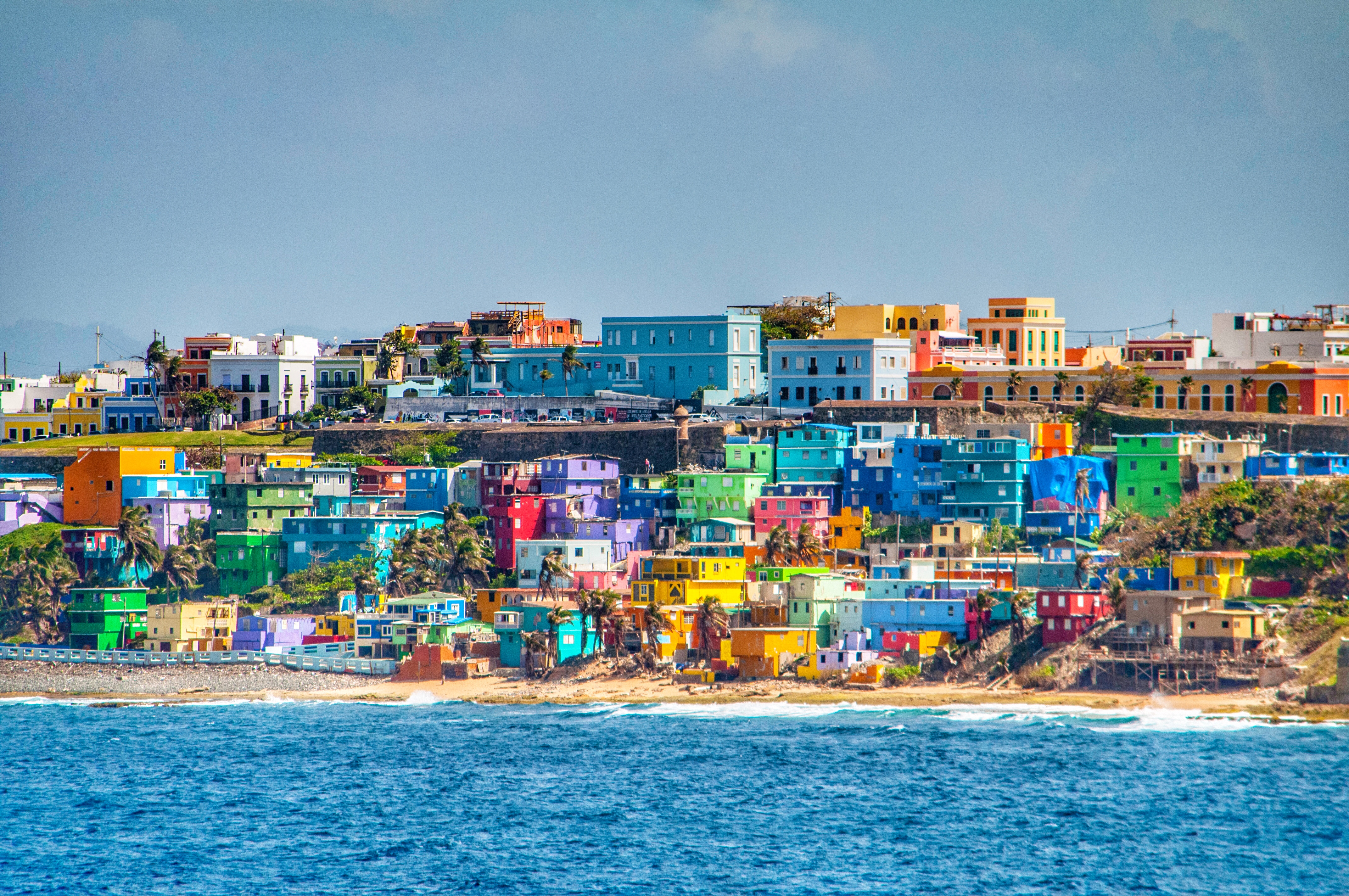Puerto Rican Culture and History: Puerto Rico

Puerto Rican culture is a vibrant and diverse blend of influences from Spanish, African, and American cultures. This unique mix has created a rich and distinct cultural heritage that is reflected in Puerto Rico’s traditions, music, cuisine, and art forms.
Historical Influences
Puerto Rico’s history has played a significant role in shaping its culture. The island was colonized by Spain in the 15th century, and Spanish influence is still evident in the language, religion, and architecture of Puerto Rico. In the 19th century, Puerto Rico became a colony of the United States, and American influence has also left its mark on the island’s culture, particularly in the areas of education, economics, and politics.
Crossroads of Cultures
Puerto Rico’s location as a crossroads of cultures has also contributed to its unique cultural identity. The island has been a meeting point for people from all over the world, and this has led to a rich exchange of ideas and traditions. Puerto Rican culture is a testament to the power of cultural exchange and the ability of different cultures to coexist and thrive.
Traditions
Puerto Rican traditions are deeply rooted in the island’s history and culture. Some of the most popular traditions include:
- Christmas Eve Parades (Desfiles de Navidad): These parades are held on Christmas Eve and feature colorful floats, music, and dancing.
- Three Kings Day (Día de los Reyes Magos): This holiday is celebrated on January 6th and commemorates the visit of the Three Wise Men to the baby Jesus.
- Carnival (Carnaval): This festival is held before Lent and features music, dancing, and costumes.
Music
Puerto Rican music is known for its vibrant rhythms and catchy melodies. Some of the most popular genres of Puerto Rican music include:
- Salsa: This genre is a fusion of Cuban and Puerto Rican rhythms and is known for its fast tempo and energetic dance moves.
- Merengue: This genre is a Dominican Republic-influenced style of music that is known for its fast tempo and repetitive melodies.
- Reggaeton: This genre is a fusion of hip-hop and Latin music and is known for its catchy beats and often sexually suggestive lyrics.
Cuisine
Puerto Rican cuisine is a delicious and flavorful blend of Spanish, African, and Caribbean influences. Some of the most popular dishes include:
- Mofongo: This dish is made from mashed plantains and can be served with a variety of toppings, such as meat, seafood, or vegetables.
- Arroz con gandules: This dish is made from rice and pigeon peas and is often served with pork or chicken.
- Pernil: This dish is made from roasted pork shoulder and is often served with rice and beans.
Art Forms, Puerto rico
Puerto Rican art forms are a reflection of the island’s rich culture and history. Some of the most popular art forms include:
- Painting: Puerto Rican painters have produced a wide range of works, from traditional landscapes to abstract expressionism.
- Sculpture: Puerto Rican sculptors have created a variety of works, from religious figures to abstract sculptures.
- Music: Puerto Rican music is a vibrant and diverse art form that has influenced musicians all over the world.
Puerto Rican Economy and Tourism

Puerto Rico’s economy is a complex and multifaceted system influenced by various factors, including its unique political status, geographic location, and historical background. The island’s economy has faced challenges in recent years, but it also presents opportunities for growth and development.
One of the strengths of Puerto Rico’s economy is its diverse industrial base. The island is home to a wide range of industries, including manufacturing, pharmaceuticals, tourism, and financial services. This diversity helps to mitigate the impact of economic downturns in any one sector.
Tourism
Tourism is a major contributor to Puerto Rico’s economy. The island’s beautiful beaches, lush rainforests, and vibrant culture attract millions of visitors each year. Tourism provides jobs for many Puerto Ricans and generates revenue that helps to support the island’s infrastructure and public services.
However, Puerto Rico’s economy also faces some challenges. One of the biggest challenges is the island’s high level of debt. Puerto Rico has been struggling to repay its debts for years, and the situation has been exacerbated by the recent hurricanes that have hit the island.
Another challenge facing Puerto Rico’s economy is the island’s dependence on imported goods. Puerto Rico imports a large percentage of its food, energy, and other essential goods. This dependence makes the island vulnerable to price fluctuations and supply chain disruptions.
Despite these challenges, Puerto Rico’s economy has the potential for growth and development. The island’s strategic location in the Caribbean, its skilled workforce, and its diverse industrial base are all assets that can be leveraged to create a more prosperous future for Puerto Rico.
Puerto Rico, a vibrant island with a rich culture, has faced its share of challenges, including natural disasters. In 2017, Hurricane Maria devastated the island, causing widespread damage and loss. While Puerto Rico continues to rebuild, it’s important to remember the lessons learned from past storms.
Hurricane Beryl , which made landfall in Jamaica in 2018, is a reminder of the potential impact of hurricanes on the Caribbean region. Puerto Rico stands in solidarity with Jamaica and all those affected by natural disasters, offering support and assistance during these challenging times.
Puerto Rico, an enchanting Caribbean island, is well-known for its vibrant culture and breathtaking beaches. However, it is also situated within the Atlantic hurricane belt. To stay informed about potential storms, it’s essential to consult a reliable hurricane forecast.
This information can help residents and visitors alike make informed decisions to ensure their safety and well-being during hurricane season in Puerto Rico.